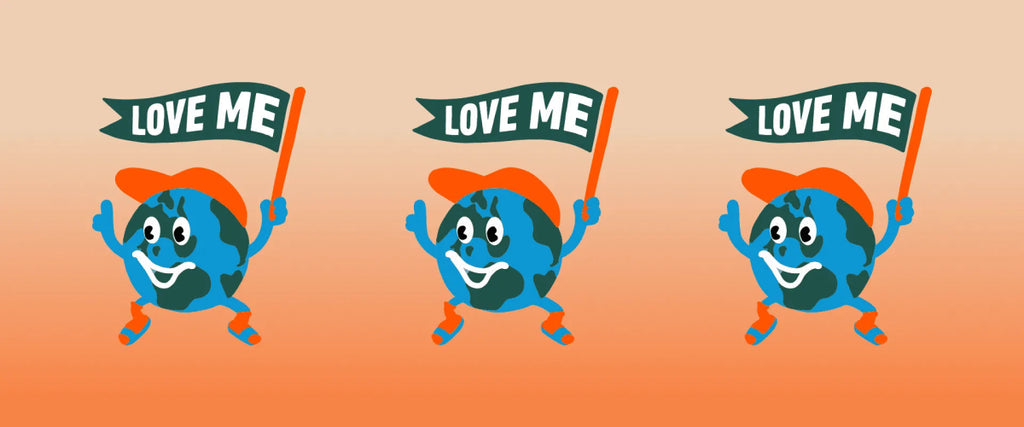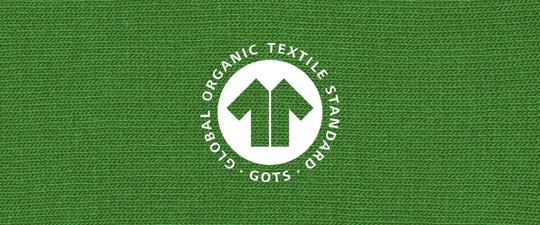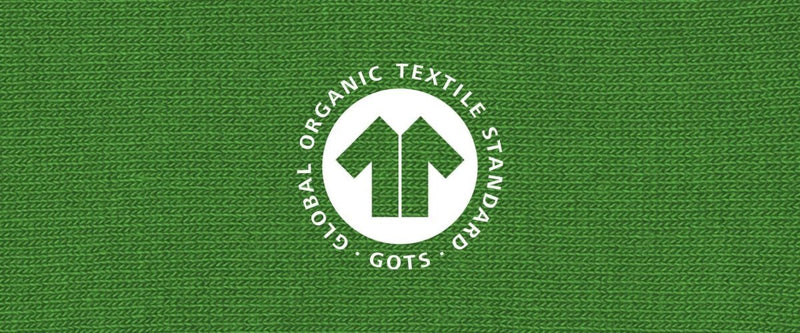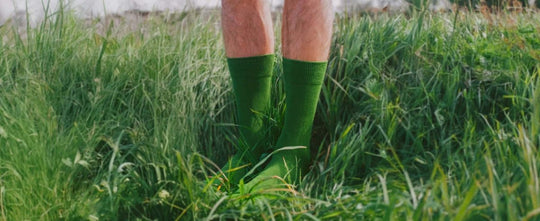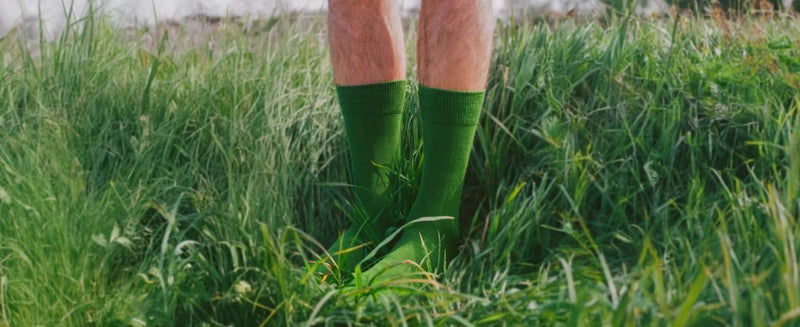May 27, 2024 marks the day on which Switzerland has used up its ecological resources for the entire year 2024. If all countries lived like Switzerland, 2.75 Earths would be needed. We are taking this event as an opportunity to take a closer look at Earth Overshoot Day and answer frequently asked questions on the topic.
What is Earth Overshoot Day?
Earth Overshoot Day serves as an indicator of how many natural resources we as humanity use up each year and how quickly we use them up. More precisely, Overshoot Day marks the day on which we as humanity have used up more natural resources than the earth can regenerate within a year. From that day on, we live beyond our means and use more than we actually have available. Earth Overshoot Day is also called Overshooting Day, Ecological Debt Day, World Overshoot Day or Earth Overshoot Day. The excess of individual countries is shown in Country Overshoot Days.
How is Earth Overshoot Day calculated?
Earth Overshoot Day is calculated every year by the Global Footprint Network based on a comparison of humanity's ecological footprint with the Earth's biocapacity.
The ecological footprint represents the area on earth that would theoretically be necessary to renew all resources consumed and to absorb the waste produced in a year. The earth's biocapacity , on the other hand, represents the area on earth that is actually available to renew resources consumed and to absorb the waste produced within a year.
If we take Switzerland as an example, an ecological footprint of 4.35 global hectares per person is offset by a global biocapacity of 1.6 hectares per person. In other words, it would take 2.75 Earths to feed humanity if everyone lived like the Swiss. Converted to a year, the resources available to the Swiss in 2024 will already be used up by May 27th.
The global Earth Overshoot Day 2024 is still pending and is expected to take place in August this year.
Where does Switzerland stand in international comparison?
Since the first measurement in 1971, Earth Overshoot Day has been on December 20th. Since then, Overshoot Day has been steadily moving forward in the calendar year. For example, World Overshoot Day 2023 was on August 3rd, 2023. More than 1.5 Earths would be needed to renew our used resources.
In international comparison, industrialized countries generally have a significantly higher ecological footprint than countries in the global south. Country Overshoot Day occurs earlier in these countries. If all countries lived like Switzerland, 2.75 Earths would be needed.

What can we do?
How does DillySocks act to meet our responsibility as a textile company regarding Earth Overshoot Day?
- Quality over quantity: Our socks are not only stylish, but also durable. The longer you can wear them, the smaller their footprint will be. What makes our socks so high quality? First and foremost, it's the use of high-quality materials.
- Organic Organic Organic Cotton: We only use high-quality organic cotton for our socks. When growing our cotton, we do not use any synthetic pesticides, artificial fertilizers or environmentally harmful chemicals. Organic cotton also uses less water than conventionally grown cotton.
- DillySocks makes a financial climate contribution: What exactly does that mean? Since 2020, we have recorded our CO2 emissions and offset them through climate protection projects. But climate-neutral action does not always mean emission-neutral! Therefore, our goal is to continuously reduce our greenhouse gas emissions.
- Plastic-free packaging: There is already enough plastic in the world. That's why we use biodegradable components in our packaging. Whenever possible, our socks are sent directly in the box and without additional packaging. When more protection is needed, we have replaced common plastic sleeves with bags made of polylactic acid. Polylactic acid is a renewable, easily compostable raw material that generates up to 60% fewer CO₂ emissions in the manufacturing process than conventional polybags.
- Pssst, here you can find our holistic overview on the topic of sustainability.
What can you do to shift Earth Overshoot Day?
- Consumption Consume sustainably and consciously When buying clothes, pay attention to the manufacturing processes, materials, origin and quality of the products
- Nutrition Reduction or avoidance of animal products If possible, regional products
- Housing energy requirements: Use the most sustainable energy resources possible - e.g. green electricity from renewable energies
- Sustainable mobility Minimize air travel Reduce car use
- Waste disposal Reduce packaging waste Separation
- Awareness: You can find more information about Earth Overshoot Day here Global Footprint Network and here #movethedateswitzerland
